To Be Continued Song in Flute
10 best flute songs of all time
18.02.2022
Ben Maloney
Flute
1. Flute Sonata by Francis Poulenc

A work at the heart of the flute repertoire, the Sonate pour flûte et piano also happens to be one of the hardest to master. Its composer Francis Poulenc always preferred to write for wind instruments. It follows that he would bring some of his very best material to this incredible piece - arguably the greatest of all flute sonatas.
Poulenc was commissioned to write the sonata in 1956. He spent that winter in southern France putting it together. Nearly aged 60, he felt that the work captured the spirit of his youthful output, but demonstrated a more mature musical handling. The critics agreed - the 1957 premiere was a total triumph, and from the opening of the first movement, it's clear to see why.
The composition explores the dreamy soundworlds so characteristic of 20th-century French music, perfectly balanced between consonance and dissonance. All the while it features the most precise, elegant melodic writing for the flute. The link above takes you to Chester Music's 1994 revised edition, edited by Carl B. Schmidt.
2. Primavera by Thea Musgrave

Thea Musgrave showed glimpses of the greatness that was to come at a very early age. Under the tutelage of celebrity educators such as Nadia Boulanger and Aaron Copland, this musical promise flourished into one of the most singular approaches to composition in modern classical music.
Primavera captures the theatricality so definitive of her style. Composed unusually for flute and soprano, the work establishes a lively dialogue between its two performers. In consequence, it seems to release the flute's inner fiere. The grace and lightness that's so typical of it is absolutely nowhere to be seen - or rather heard.
In this way, the work offers a unique glimpse at the instrument. Musgrave constructs a flute part that's unpredictable, disjointed and organic, leaving the performer to interpret various aspects of the notation with some freedom. It's a tough piece to learn, and no doubt one of the most daring chamber works ever written for the instrument.
3. Chant de Linos by André Jolivet

Few would argue that André Jolivet's Chant de Linos merits a place here. Jolivet is not the most well-known of composers, but this composition of his is perhaps his signature work, and it's absolutely synonymous with great flute music.
Composed for a 1944 performing competition at the Paris Conservatoire, this piece for flute and piano was inspired by Greek mythology's Linus, the son of Apollo and a skilled musician. Jolivet makes heavy and appropriate use of modes in the Chant - scales that formed the basis of musical practice in ancient Greece.
Through the work, Jolivet aimed to 'give back to music its ancient and original character', connecting it to the 'universal cosmic system'. Despite that, you can't say that the music's particularly primitive. The material is dense and highly technical, designed as a decisive test of a flute-player's ability.
4. Suite in B minor by Johann Sebastian Bach

Although it didn't look or sound quite the same as it does today, the flute was still one of the major instruments of the Baroque era. And there aren't many works of that period that reflect this importance better than the Suite in B minor, BWV 1067 by J. S. Bach.
Batting the violins out of the way, the flute assumes a leading role in the small ensemble throughout the suite, and is impossible to ignore. At times giving it complex and powerful melodic material, and at others letting it colour the harmony beautifully, the work demonstrated just what the flute was capable of.
It's a technically demanding part, involving long, winding runs and quick, wide intervals. And, typical of Baroque repertoire, there's a good amount of ornamentation. Not too much though - Bach always knows how to strike that balance between embellishment and restraint. Check out this arrangement for flute and piano (get a harpsichord if you can).
5. Several Concertos by Judith Weir

The music of Judith Weir is characterised by an imaginative approach to composition that whrs into action before a note even marks the page. Several Concertos of 1980 is a really great example of this - few other composers would think to string a trio together to play three small-scale concertos, and give it all such a casual title.
Those instruments are flute, piano and cello, and each one gets a turn in the spotlight as soloist. This shifting dynamic makes for the widest possible examination of relationships between the instruments. Constant changes in time signature make the exchanges seem so organic and spontaneous.
Looking at the flute part specifically, there's some doubling. The player has to switch to alto flute for the piano's concerto and to piccolo for their own. Engaging with the wider flute family, Weir's piece is able to explore timbres, textural potential, and instrumental combinations on an even broader level - one rarely matched in the wider world of flute music.
6. Syrinx by Claude Debussy

Claude Debussy's Syrinx stands proudly in the flute repertoire alongside works like Chant de Linos and Poulenc's sonata - pieces known by all flautists and played by all those that develop an advanced playing ability. At least in the case of Syrinx, it's achieved this status simply because it's a masterful piece of composition for the instrument.
Also like Chant de Linos, it's a work inspired by Greek mythology, specifically the figure of Syrinx, who was transformed into water reeds that were then fashioned into a set of pan pipes. Suitably, Debussy's 1913 work for solo flute is an ode to her, played on one of the purest of wind instruments.
Debussy had a flair for the flute. He knew how to get the very best out of the instrument - Prélude à l'après-midi d'un faune is another key work that proves this. In Syrinx, he utilises his signature chromaticism to construct his flute line, which winds hazily back and forth across the register. It is complex and hard to play, though it doesn't necessarily sound like it.
7. Undine Sonata by Carl Reinecke

Carl Reinecke was one of the most influential figures in 19th-century classical music. His impact was made not only through teaching (students of his included Edvard Grieg and Leoš Janáček) but also through his compositions, foremost among which is no doubt the Undine Sonata.
Its title referring to the mythic beings associated with water, the sonata was actually more directly inspired by Undine, a German-language novella of 1811. While the piece doesn't necessarily shadow the book's narrative in music, its ethereal feel resonates strongly with the tone of the literature.
Recurring figures in the flute part as well as the piano accompaniment seem to depict the rippling of water, while vivid harmonies instil that supernatural quality. Reinecke's writing for flute combines lyrical lines with punchy gestures, rich sonorities with strident clashes. It's one of the great aural journeys in flute music.
8. Lila by Dai Fujikura

Dai Fujikura is somehow able to blow musical horizons wide open, time and again. In each work in his diverse creative output, he relentlessly pushes all sorts of boundaries. He asks everything of his performers. He probes incredible soundworlds. He forges breath-taking musical experiences.
True to form, he does exactly this in Lila, his 2015 solo work for flute, doubling either bass flute or contrabass. The work exists in three parts, or 'elements': A, B and C. Compounded by the effect of the doubling, each is so different from the other two. To the extent that they do seem to embody primal - or elemental - aspects of flute music.
The work combines intricate handling of pitch and rhythm with extended techniques and vocalisations. Fujikura's high-grade notation is meticulously laid out - it's clear that he has considered and sculpted every moment in the greatest of detail. When it comes to the best flute composition of the young 21st century, this has to be a contender.
9. Flute Concerto No. 1 by Wolfgang Amadeus Mozart

Between the Baroque innovations of Bach and the Romantic expansion of Reinecke, there came the Classical refinement of Wolfgang Amadeus Mozart. The Viennese master wrote two concertos for flute and orchestra, and perhaps the most influential of the two is the first: the Concerto No. 1 in G.
In 1777, Dutch flautist Ferdinand De Jean commissioned three concertos and three flute quartets from Mozart. Although he could famously compose relatively easily, Mozart only supplied two of the concertos. Still, Ferdinand must have been pleased, as Mozart sent him one of the most accomplished pieces of flute composition ever written.
Supported by strings, oboes and horns, the soloist works their way through some of the most artfully shaped lines in the repertoire. Crisp articulation and nimble technique are called on in the first-movement allegro and the third-movement rondo, while seriously expressive flute skills are needed in the second-movement adagio.
10. Entr'acte from Carmen by Georges Bizet

If any work captures the flute in all its graceful, lyrical majesty, it's this one. When it comes to sheer melodic perfection and performative beauty, there aren't many pieces of music out there that can match Georges Bizet's second entr'acte from Carmen - better known as his Intermezzo.
This miniature is the prelude to the third act of Bizet's opera, indisputably his masterpiece. When it sounds in the work, the narrative has moved to the mountains of southern Spain, and the piece captures the natural splendour of the scene perfectly.
The main theme is the most exquisite of melodies. First announced on the flute over a lilting harp arpeggio, it's then picked up by the other woodwind instruments, which play it while dovetailing around each other. Their involvement only supports and enhances the flute, which remains at the centre of the texture, leading it as the focus of this magical miniature.
Your next steps for flute songs
You've encountered ten of the best tunes, but there's still plenty of incredible flute works out there waiting to be discovered. Find out about ten more in the article on hardest flute songs - Jacques Ibert's Flute Concerto would have doubtless made its way onto this countdown had it not already appeared on that one.
Lots of the works you've read about here can be found on the flute highlights playlist. There you can also find other compositions that have left a significant mark on the flute repertoire in all sorts of ways.
That said, all these works are just drops in the ocean. There's a world of flute sheet music available on nkoda that matches a range of genres and skill levels, from pop songs for the solo instrument to orchestral works. Beethoven, Prokofiev, Chaminade, Gluck, Ravel, George Michael and more - they're all waiting.
Related Articles
Source: https://www.nkoda.com/blog/best-flute-songs
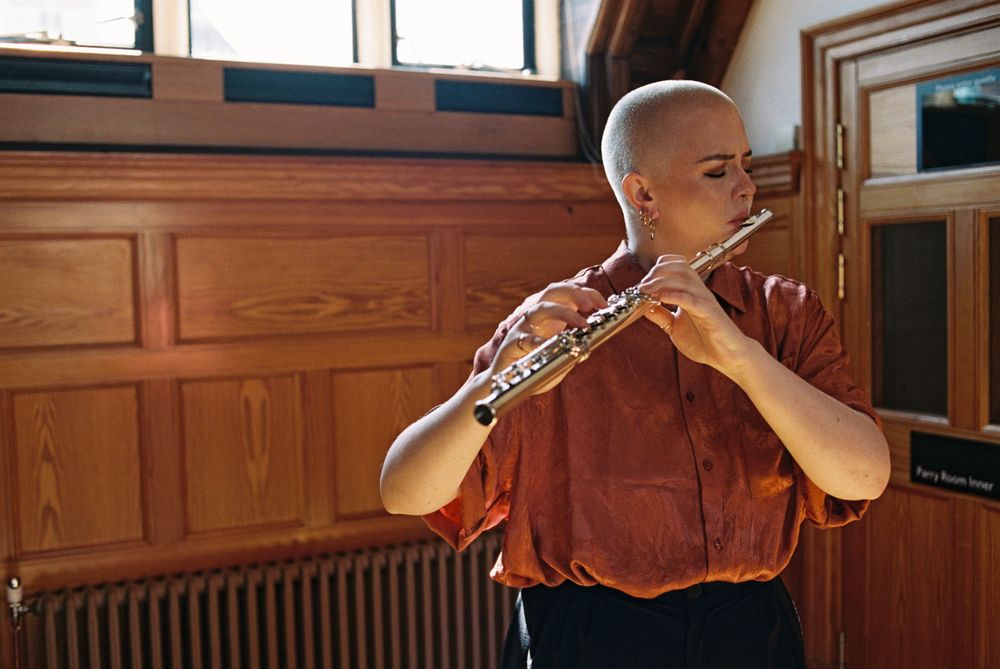
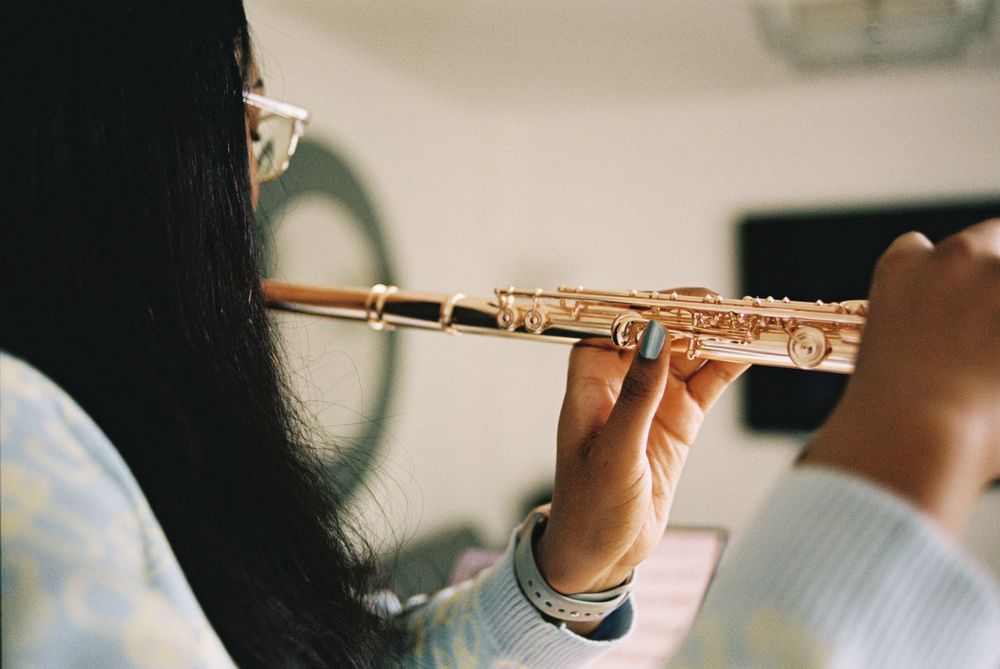
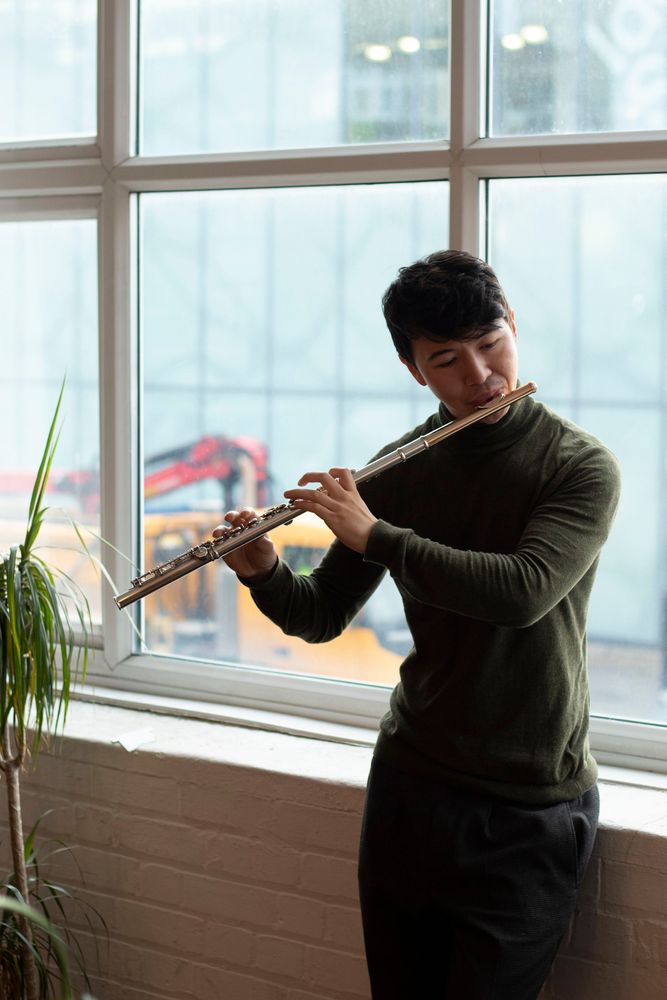
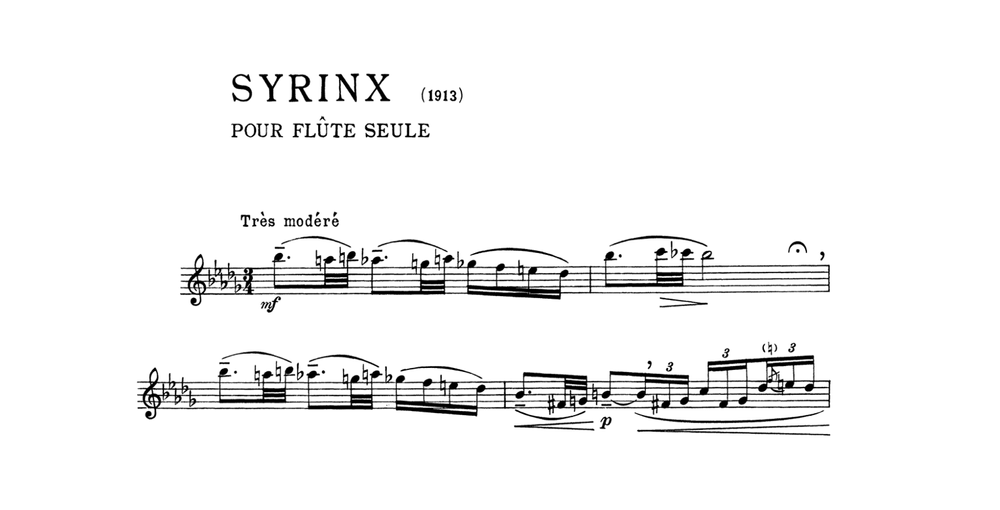
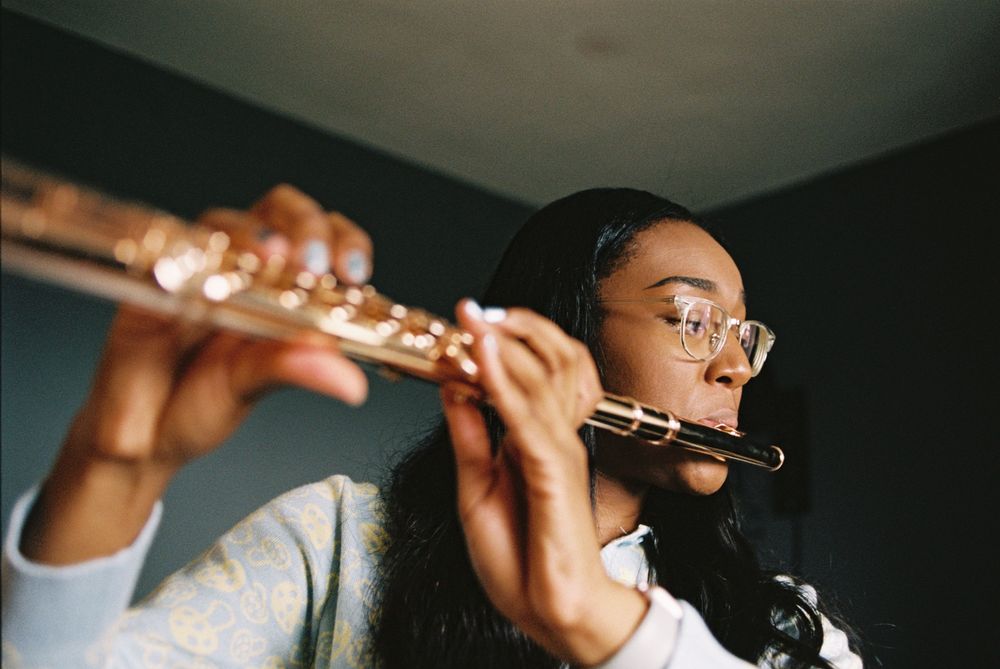
Post a Comment for "To Be Continued Song in Flute"